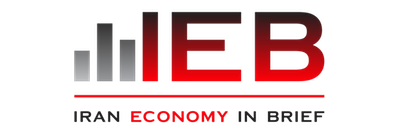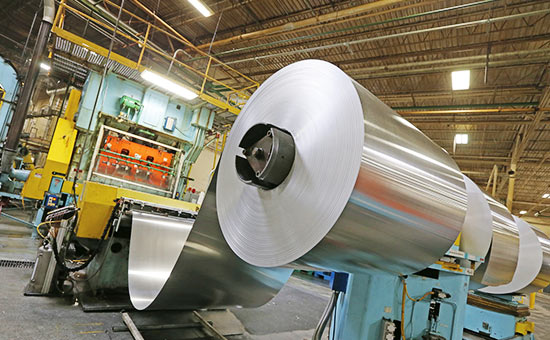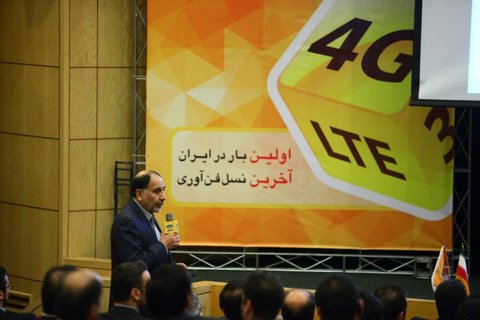
Following the implementation day, Iran has started negotiations to look for collaborations with the rest of the world in many different sectors. One of the very important sectors in the Iranian economy is the capital market.
However, the Iranian capital market has developed very much over the last years, but to reach the international standards, it needs to exchange know-how with the developed markets.
In Munich I met Mr. Thiel, CEO of Munich Stock Exchange, to ask him about the opportunities for German experts in the Iranian capital market.

Mr. Thiel, you have participated in different events on the Iranian capital market, in Iran and other countries. How do you compare the Iranian capital market with the German one?
From some perspectives the stock exchange in Iran somehow reminds me the German stock exchange of 20 years ago. Although, Iran has developed its capital market well and have adapted the use of the internet for retail investors, but it still needs to apply certain necessary changes.
The number of retail investors in Iran over the last years has increased significantly which shows huge potentials for the capital market to grow.
On the other hand, the Iranian stocks still use a rather traditional system which has to be upgraded.
If Iran is determined to collaborate with other international markets, it needs to apply the international standards. In Germany, we trade hundreds of thousands different instruments while in Iran the number of financial instruments is very limited.
The other issue is the trading hours; in Iran trading time is only 3.5 hours a day, whereas in Germany we trade from 8 a.m. to 10 p.m. because it is essential to have at least some overlap with other different time zones.
As you mentioned, there are a large number of retail investors in the Iranian market. Taking into account that these people are less familiar with the capital market risks and fluctuations, do you think it is a good idea to have plenty of retail investors?
Although Iran and Germany have almost the same population, the number of retail investors in Iran is much bigger than in Germany.
This means that in Iran many people are interested in financing the companies and therefore contributing in the economy. This is a great chance for the Iranian Government to use these resources to improve the economy.
However, if these retail investors are not well-educated to know the risks in the market to some extent, it can become dangerous. So there must be enough means available for the retail investors to learn about the market and gather reliable information.
Is it just enough that retail investors get the information related to the market and become familiar to the risks? What do you do additionally to keep the retail investors in the capital market?
Of course this is not enough; if you want to keep the retail investors investing in the market, you have to provide them proper tools also. You should remember that retail investors normally have other jobs and occupations and cannot follow the market constantly as institutional investors do.
Therefore, they need some more automated tools. This is exactly one of the missing points in the Iranian capital market and stock exchanges.
A very simple example is the “trailing stop order” which can be fixed or can be designed to change according to the market changes to maximize the profit of the retail investor.
The more the tools for retail investors there are, the larger their investment will be. Otherwise, they will take their money to other markets and invest for example more in bank issued products.
At the moment, what do you think is the biggest challenge foreign investors interested in the Iranian capital market face?
Biggest challenge for foreign investors is how to deal with the remaining US sanctions. Since currently there is no process established to undoubtly identify companies under sanctions from the US side, foreign investors as well as banks that are required to establish the necessary processes for cross-border security transations would hesitate to start a collaboration.
Any European bank who has business in the USA sees himself at the risk of getting a fine due to a collaboration with a company where one of its shareholders are still under the sanctions.
To avoid this, a process must be established which shows clearly who the shareholders of the listed companies are. To answer this question, Iran must understand and help the potential foreign investors and banks resepctively.
Although this process is not going to be easy, it can assure and encourage foreign investors to enter the Iranian market.



